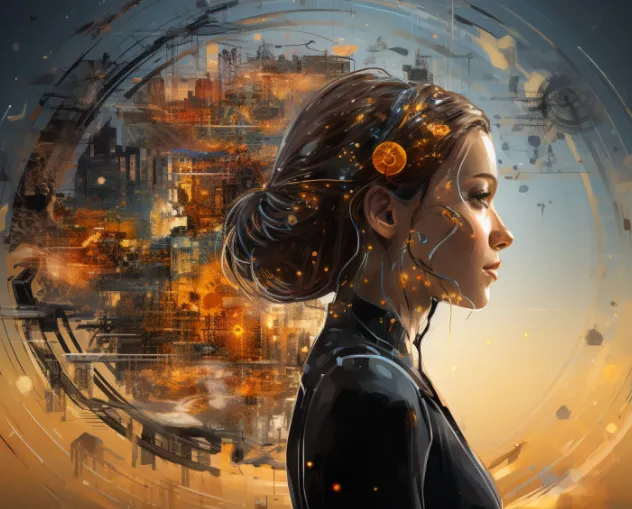AI Agents: Redefining the Future of Gaming

Picture stepping into a game where characters don’t just follow scripted patterns but adapt to how you play—responding with lifelike decisions, emotions, and strategies. This vision is quickly becoming a reality through AI agents, autonomous systems designed to act independently using advanced algorithms. Their rise is transforming both how games are played and how they are created, setting the stage for a new era in interactive entertainment.
What Makes AI Agents Different?
Unlike traditional game mechanics that rely heavily on predefined rules, AI agents bring adaptability and autonomy into the mix. These systems can interpret player behavior, adjust to evolving circumstances, and even simulate reasoning that feels closer to human thought. As machine learning and reinforcement learning continue to advance, developers are harnessing these tools to craft games that are dynamic, challenging, and deeply immersive.
For players, this means NPCs that feel less like robotic placeholders and more like authentic characters with their own personalities and motivations. For developers, AI agents are a powerful tool to design flexible storylines, richer interactions, and more engaging worlds that respond to every choice the player makes.
How AI Agents Are Changing Gameplay
The most immediate impact of AI agents can be seen in how they elevate gameplay experiences. Non-player characters can now adapt to a player’s style, learn from repeated encounters, and evolve their strategies. This creates varied playthroughs, where no two gaming sessions feel exactly alike.
Beyond character behavior, AI agents also support procedural content generation—producing unique maps, quests, and environments tailored to the narrative. Pathfinding has also become more sophisticated, allowing characters to navigate complex worlds intelligently rather than following rigid movement scripts.
Another exciting development is adaptive difficulty. By monitoring performance in real time, AI agents can adjust challenges on the fly—ramping up intensity when players are excelling, or offering assistance when they struggle. This ensures gameplay remains engaging without tipping into frustration or boredom. On top of this, AI systems can evaluate player sentiment, giving developers insights into how gamers experience the content and guiding future design decisions.
Building Smarter Games with AI Agents
For developers, adopting AI agents means balancing ambition with practicality. Many projects start with simple rule-based logic and gradually layer in more complex AI techniques as the game evolves. Since advanced AI can sometimes strain system performance—particularly on mobile devices—optimization is key.
Equally important is thorough testing. Because autonomous systems don’t always behave predictably, careful debugging and refinement are necessary to prevent frustrating or unfair experiences. Developers must also remember that complexity alone doesn’t guarantee fun; the real goal is creating interactions that are engaging and enjoyable for the player.
Looking Ahead
The integration of AI agents into gaming is still in its early stages, but the potential is extraordinary. As technology progresses, these systems will enable games that are truly responsive, where characters and environments adapt uniquely to every player. The future of gaming is no longer just about sharper graphics or bigger worlds—it’s about intelligence, immersion, and interaction.
For both players and creators, AI agents represent an exciting step forward. They hold the promise of deeper narratives, smarter opponents, and gameplay that feels personal to each individual. As the industry continues to embrace this shift, the line between scripted entertainment and living, breathing game worlds will only continue to blur.







